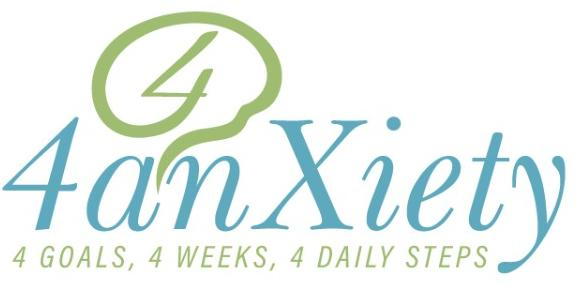
Anxiety is already challenging, and being conscious of it can intensify the response. It's typical to experience anxiety as a reaction to life events and triggers. The "Fight or Flight" system includes the "Flight" component for survival. Survival is at the core of anxiety's intense symptoms. Anxiety can be caused by an explicit threat, although often it isn’t as clear. Anxiety can feel sudden and unexplained, with no pattern or explanation. Humans have an innate drive to discover, understand, and take charge of problems. When we cannot locate the problem, the complexity increases. This can become frustrating and cause a person to feel helpless and hopeless, at the mercy of anxiety's symptoms.
Knowing the catalyst of anxiety is not essential for discovering ways to ease it. Anxiety is a physiological reaction. What actions can one take to relieve the bodily symptoms of anxiety? Cognitive-Behavioral Therapy (CBT) thought awareness and restructuring techniques can help. Its purpose is to tackle anxiety-inducing thoughts and behaviors that decrease anxiety levels. What happens if I feel anxious and think, oh not again, I hate this, why is this happening? I feel awful. Your anxiety is likely to increase. Consider the difference if I approach it with a mindful, less reactive thinking process. Perhaps make the shift to an objective thought process. Consider being an observer, "I notice I am feeling anxious" or " I wonder what my body is communicating to me." Make the shift to becoming an observer to your anxiety versus a reactor to it.
The next strategy for deactivation is more potent than managing our thoughts. It is the behavioral interventions to help deactivate anxiety. The activation of the Sympathetic Nervous System (SNS) occurs during anxiety. Hormones like adrenaline, insulin, and cortisol are released by the body, which are associated with the Flight and Fight system. The warning system, with increased energy, urges you to run away and then avoid situations that resemble the threat in the future. The good news is that we also have the Parasympathetic Nervous System (PNS) to bring us down from the high-intensity activation system of the SNS. That is the next part of how to manage your anxiety, learning to activate the Parasympathetic Nervous System (PSN), otherwise known as the relaxation response. Deep, abdominal breathing techniques, muscle relaxation techniques, mindfulness skills, chants, exercise, and yoga are all excellent choices when trying to encourage the relaxation response and restore balance. If you incorporate these behavioral strategies into your daily routine, you may be less susceptible to being captured by anxiety. Many excellent books and community resources exist to support the learning of these techniques. Try different ones and find which fits for you. Try not to worry about feeling anxious about feeling anxious!
